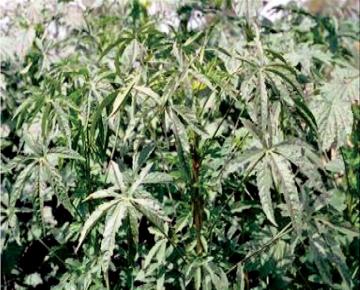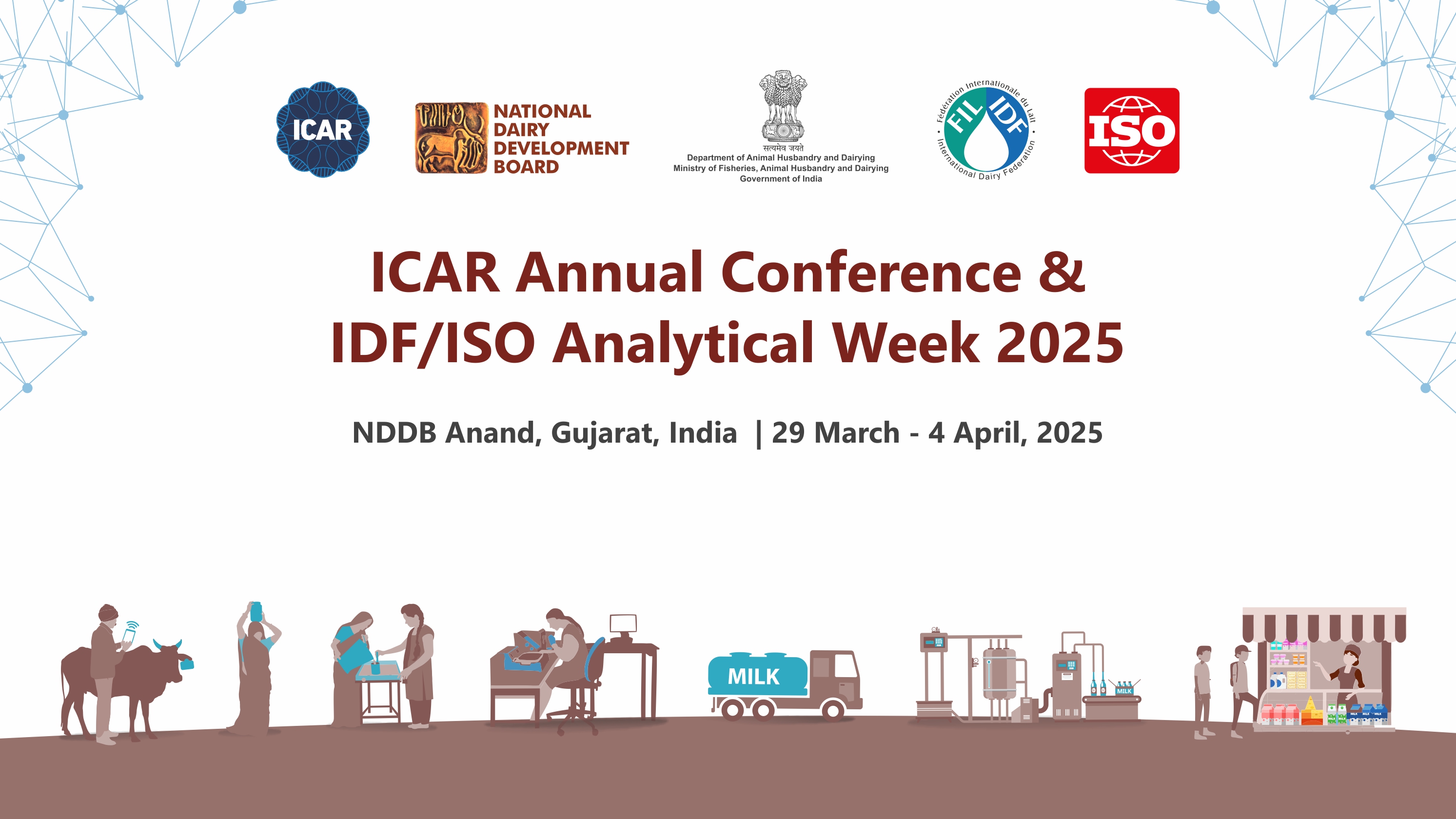
Ambadi cake (Hibiscus cannabinus)
Common names: Deccan Hemp, Wild stockrose Kenaf, Brown Indian Hemp, Ambadi, Mesta
Local names: Hindi: Patsan, San Manipuri: Sougri Marathi: Ambadi Tamil: Palungu, Pulimanji Malayalam: Kanjaru Telugu: Pimdikura, Gonkura Kannada: Dirin da rani Bengali: Patsan, Ambari Oriya: Kanuriya Konkani: Ambadi Gujarati: Sheria Sanskrit: Machika, Maryurika, Ambika, Sahasravatamulika Ambadi or deccan hemp is a species of Hibiscus, probably native to southern Asia, though its exact natural origin is unknown. The name also applies to the fibre obtained from this plant. It is an annual or biennial herbaceous plant (rarely a short-lived perennial) growing to 1.5-3.5 m tall with a woody base. The fruit is a capsule 2 cm diameter, containing several seeds. New varieties used as a raw material in the paper industry may become important as cattle feeds. The cake is available in very large quantity, particularly in western Maharashtra and Marathwada regions of India.
Nutritive value
Ambadi cake is a very good source of energy and protein (TDN 60% and CP 23.4%), (Arora et. al., 1983). The cake does not contain any toxic factor and is quite palatable.
Inclusion
It can be incorporated at 20% level in the concentrate mixture of crossbred calves (daily gain 418 g) and lactating cows yielding daily 12.9 kg milk (Punj, 1988).
